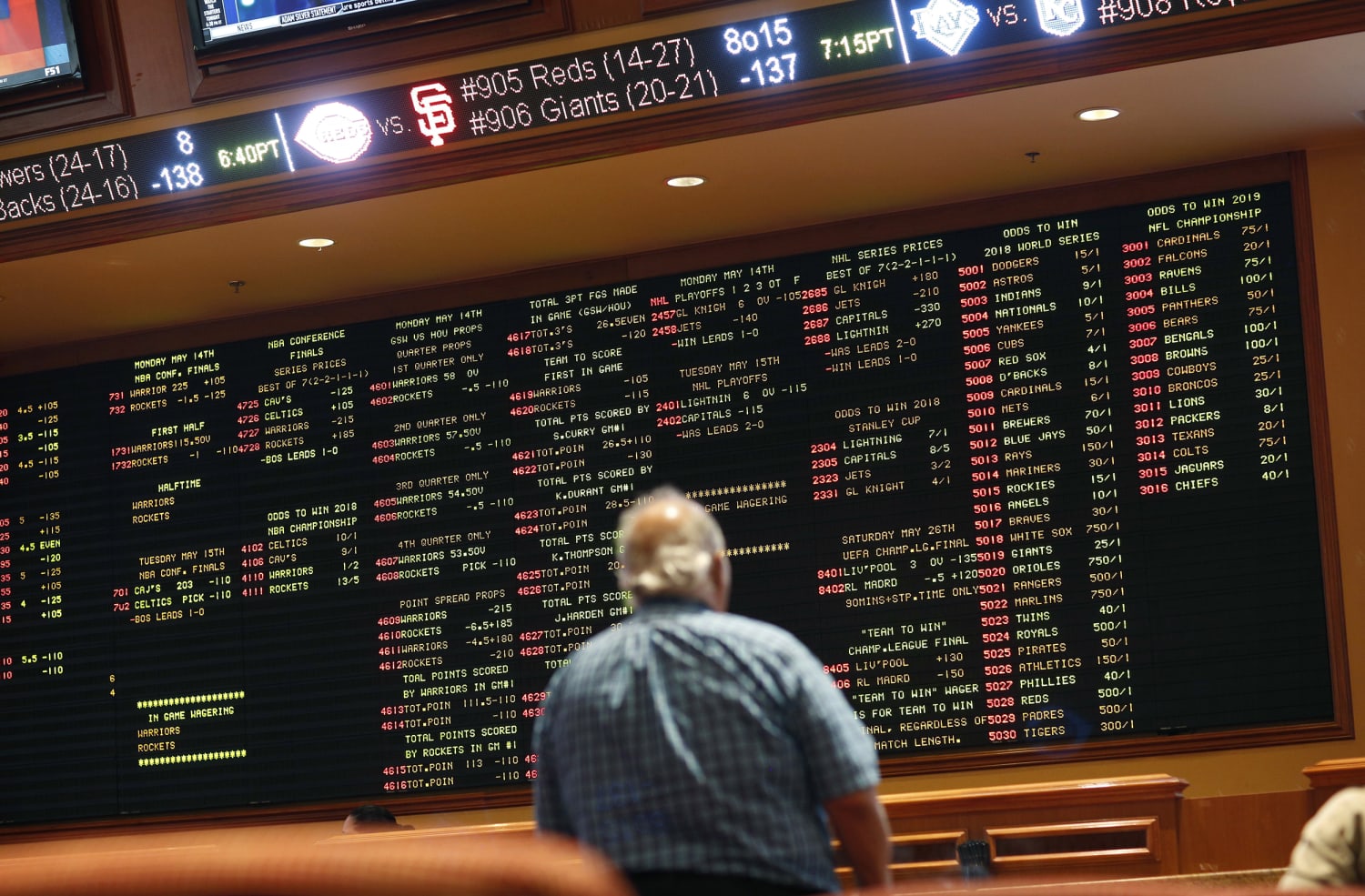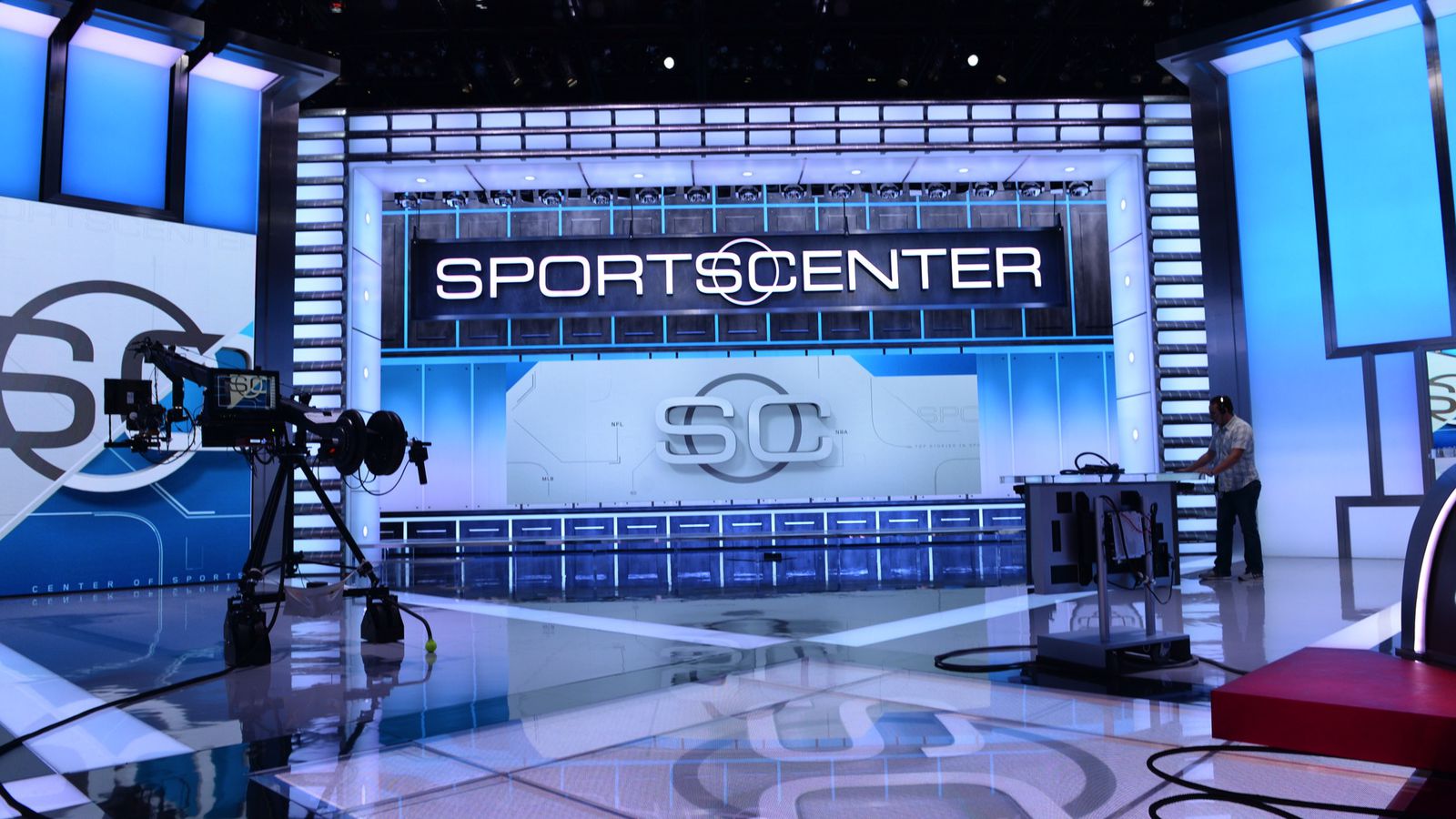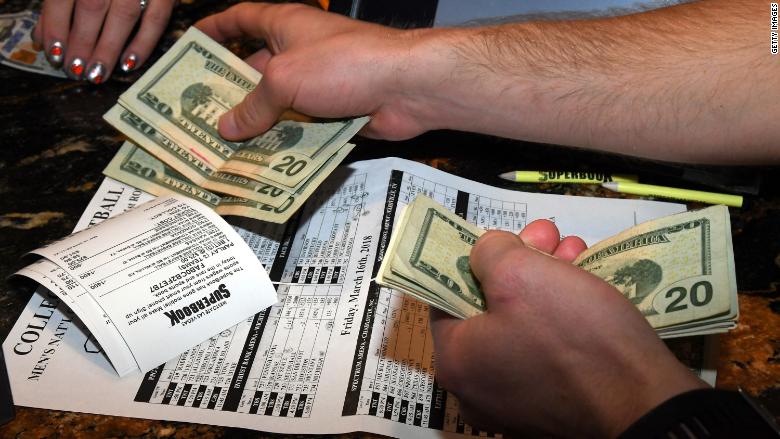Illegal Sports Betting
The argument for widespread legal sports betting across the US is predicated upon the American Gaming Association assertion that Americans were betting $150 billion on sports every year when it was illegal everywhere outside Nevada — mostly at unlawful bookies and offshore sports betting operations on the internet.
Feb 01, 2021 Even though the U.S. Supreme Court struck down the Professional and Amateur Sports Protection Act nearly two years ago, it is still illegal in most states for an individual, without a license, to. May 14, 2018 The Supreme Court on May 14 struck down a 25-year federal ban on sports betting outside of Nevada. The big question on many minds – particular state officials and companies like MGM Resorts.
If states legalize it, they can see that money wagered at regulated sports betting operations instead. Then, state governments can tax it. Plus, sports betting consumers will have more protection than they would in the black market.
The US is heading toward its first year of full-fledged legal sports betting outside of Nevada. And, the number of states embracing the idea is spreading fast. But it’s not obvious if it’s working and if state lawmakers are doing everything they can to make it work.
The spread of legal sports betting
Legal sports betting is live in seven states since the US Supreme Court lifted the federal ban in May 2018. They include Delaware, New Jersey, Mississippi, West Virginia, Rhode Island, Pennsylvania and a single native casino in New Mexico.
This year, Montana and Indiana passed sports betting legislation. Plus, TennesseeGov. Bill Lee will allow its sports betting bill to become law without his signature. An Iowa sports betting bill is now sitting on Gov. Kim Reynolds‘ desk awaiting her signature.
Additionally, states including New York, Illinois, Michigan, Colorado, North Carolina and New Hampshire appear closer than ever to passing sports betting legislation.
But is passing sports betting legislation and facilitating the launch of legal sportsbooks enough to eradicate the black market?
Most states don’t have the resources to go after black market operators. As a result, they’re left hoping they’ve done enough to foster the creation of a healthy market to compete with them.
The right kind of sports betting legislation
The AGA’s VP of Strategic CommunicationsCasey Clark said it’s not just about passing legislation; it’s about passing the right kind of legislation.
“Policymakers play an integral role in facilitating consumer transitions from the widespread illegal sports betting market to a safe, legal alternative. The key to enabling a move to above-board sports wagering is creating business environments in which licensed, regulated, responsible operators can offer a competitive product,” Clark said.
“This includes the implementation of sensible tax rates and licensing fees and enabling consumer choice for how they engage in this activity — intrastate mobile wagering. For example, getting this wrong could affect the odds that legal bookmakers can offer and limit the customer experience in a way that might deter American sports bettors from moving away from unprotected, illegal options and continue to perpetuate illicit activity.”
Are US customers making the transition from the illegal sports betting market to the safer, legal alternative?
Illegal offshore online sportsbooks aren’t about to give anyone a look at their books. Therefore, it’s difficult to say whether legal sportsbooks are effectively taking away any of their business.
The New Jersey sports betting example
If it’s working anywhere, it’s working in New Jersey. Most agree that New Jersey is a good example of a state that has done it right from the get-go.
New Jersey charges a reasonable 8.5% tax on retail sportsbook revenue and 13% on mobile sportsbook revenue.
In the first three months of 2019, New Jersey sportsbooks have taken in close to $216 million in bets at retail operations. Plus, a whopping $862 million-plus in bets at online and mobile NJ sportsbooks.
That has generated close to $67 million in sports betting revenue and more than $7.7 million in tax revenue for the state.
FanDuel Group has emerged as the state’s top operator. It runs a retail sportsbook at Meadowlands Racetrack and FanDuel Sportsbook online.
Kevin Hennessy, FanDuel Group’s director, says states that want to re-create New Jersey’s success need to do a couple of things.
“We need two things to create a legal marketplace that competes with offshore operators,” Hennessy said. “Reasonable tax rates so that the bet pricing can be competitive and a robust, competitive market with each legal sportsbook competing with product innovation and marketing to attract players.”
The Pennsylvania problem
Apparently, that’s what’s exactly happening in New Jersey. But not so much in neighboring Pennsylvania.

Pennsylvania has set a 34% rate on sports betting revenue and charges a $10 million licensing fee to interested operators. These added costs might be why it’s difficult for PA sportsbooks to compete with illegal operators.
Illegal Sports Betting Penalties
Pennsylvania’s first legal sportsbook went live in November 2018; there are now eight sportsbooks up and running.

Keep in mind that Pennsylvania is a bigger state than New Jersey. These operations have taken in just a little more than $125 million in bets to date, which has generated just $12.5 million in revenue and only $4.5 million in state tax revenue.
In other words, just a little more than half of what New Jersey has generated in only the first three months this year.
To be fair, around 80% of the New Jersey sports betting market is online.
Regulators in Pennsylvania are just now preparing to approve the launch of the state’s first online and mobile sportsbooks. One can’t truly compare the two markets until the online and mobile side fills out in Pennsylvania.
However, the initial numbers suggest Pennsylvania’s taxes and fees are making it difficult for legal operators to compete.
Can states help legal sportsbooks compete?
DraftKings is also one of the top sportsbook operators in New Jersey. It has yet to finalize plans to enter the Pennsylvania market. It may never go into the state.
DraftKings co-founder and CEO Jason Robins is committed to being part of the US sports betting market. However, DraftKings will need a little help from states that want the same thing first.
“DraftKings is committed to creating the safest mobile betting experience possible for consumers. We know that the majority of illegal sports betting happens online and it is imperative for states to foster mobile innovation and not limit legal operators if they want to eradicate the illegal market,” Robins said.

“In an evenly competitive betting ecosystem, the substantial consumer protections and overall technological prowess of legal providers can help put an end to unregulated services and the endangerment of bettors.”
Unfortunately, that may mean Pennsylvania, and any other states that follow, are out. They may still have legal sports betting; however, they won’t be able to compete with the $150 billion illegal market.
CHICAGO (CBS) — An Orland Park man pleaded guilty in U.S. District Court Tuesday to running an illegal sports gambling business and laundering the proceeds.
Vincent Delgiudice, 55 – also known as Uncle Mick – was charged in a federal case last year along with Casey Urlacher, the brother of former Bears linebacker Brian Urlacher. Casey Urlacher, who had pleaded not guilty, was granted a full pardon by President Donald Trump last month.
Delguidice pleaded guilty to one count of conspiracy to commit money laundering – which is punishable by up to 20 years in federal prison, and one count of conducting an illegal gambling business, which is punishable by up to five years, prosecutors said.
States With Legal Sports Betting
Prosecutors said Delgiudice paid a Costa Rica-based company more than $10,000 a month for the website unclemicksports.com, which was used for the accounting, betting, record-keeping, and logistics of the gambling operation between 2016 and 2019. The bookmaking operation operated in Chicago, Lemont, Frankfort, Orland Park, and Woodridge, prosecutors said.
Sports Betting Odds
Delgiudice accepted wagers on both professional and amateur sporting events from up to 1,000 gamblers, the U.S. Attorney’s office said last year. He communicated with representatives of the sports book through an anonymous end-to-end encrypted messaging application, prosecutors said.

Delgiudice recruited gamblers for the business and set them up with accounts on Uncle Mick Sports website, prosecutors said. He collected and paid out money in cash to those gamblers, prosecutors said last year.
When the feds raided Delgiudice’s Orland Park home last year, court records revealed they found more than $1 million in cash – along with silver bars, jewelry, and gold coins worth more than $441,000.

Urlacher was one of eight defendants whom Delgiudice allegedly recruited to work as agents for the gambling operation. They recruited sub-agents and gamblers for the business in exchange for a commission drawn from the gamblers’ losses, prosecutors said.
Illegal Sports Betting Consequences
Chicago Police Officer Nicholas Stella was also among those defendants.
Casey Urlacher is also mayor of the far north Illinois suburban village of Mettawa.
Illegal Sports Betting Charges
In 2016, Casey Urlacher ran for the Republican nomination for the 26th District Illinois State Senate seat, but lost to Dan McConchie, who went on to win the general election.
Also From CBS Chicago: